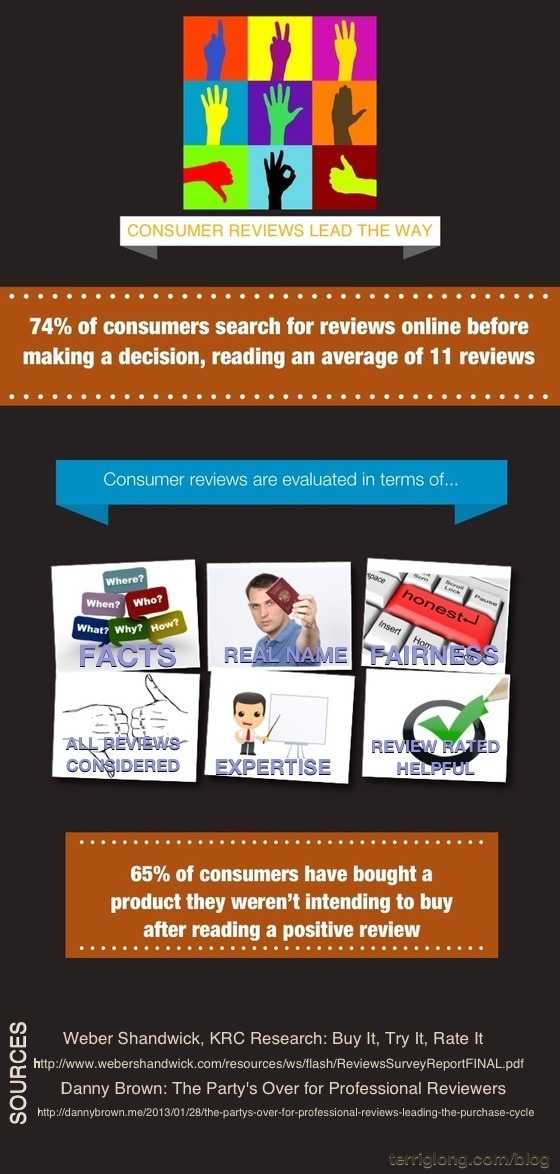A new survey suggests that – in the tech industry at least – consumers are looking increasingly to see what their peers think, rather than the professionals. In fact, 77% of consumers said they favored peer reviews, versus 23% favoring professional critiques. In a niche that could once have been considered specialist, the huge wealth of public experience is being tapped. Consumers don’t just want to know what the experts think. Instead, they feel it’s as important, if not more so, to know how users like them rate a product.
The survey concluded that Amazon is by far the most trusted retailer for tech products. Even so, only 39% of those surveyed said Amazon had their ‘complete trust.’ Fake reviews are a huge concern. A staggering 80% worried about some aspect of review authenticity, from fake positive or negative reviews, to mistrust where a product has solely positive or negative write ups. Even despite that, “Almost every consumer (95%) reports gaining confidence in a purchase decision because of consumer reviews,” and 74% consulted reviews before making a decision.
In terms of what buyers are looking for in a review, the most common factors are:
– A fair and reasonable write up
– The use of a reviewer’s real name
– A well-written piece
– The use of facts or particulars
Buyers reported feeling less trust when a reviewer fails to use their real name. Reviews that read like marketing messages are also considered suspect.
As an author, I know the value of reviews and books have long been accessible to the wider public. Books are so readily discussed both online and face-to-face that consumer reviews vastly outweigh professional ones. That being said, there is clearly merit in both, but as a reader, does a recommendation from your closest friend sway you more than a lengthy write up from a literary critic?
One thing is clear: as much as peer reviews are highly valued, there is a case for openness and honesty at every turn. A glowing or damning review of a product may feel satisfying to write, but without coherence, fairness, and transparency, the message may fail to reach the intended targets.
Find out more
Danny Brown: The Party’s Over for Professional Reviews Leading the Purchase Cycle
Weber Shandwick/KRC Research: Buy It, Try It, Rate It: Study of Consumer Electronics Purchase Decisions In the Engagement Era



I agree reviews are critical to most sales success. I've gotten to be a pro at discarding poorly written and "fake" reviews. Most have the same basic language.
That's very true, Everett! I read a great article recently that listed 30 things to watch out for, including certain key words and phrases. It was a very interesting read!